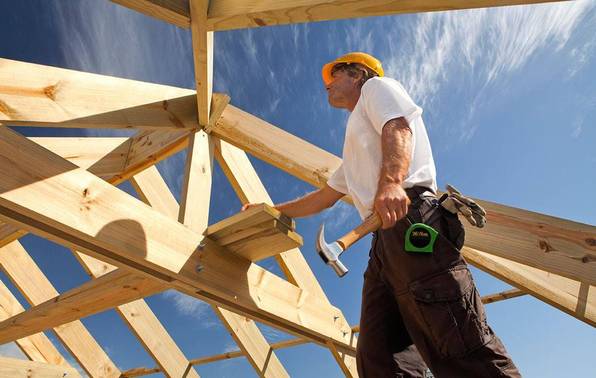Home maintenance - Apartments
If you live in an apartment you are likely to be limited in what, if any, external maintenance you can carry out for yourself.
If you live in an apartment you are likely to be limited in what, if any, external maintenance you can carry out for yourself.
Types of ownership
There are 3 common types of apartment ownership in New Zealand:
- Unit title (also called "stratum estate" or "strata title").
- Company share (also called a flat-owning company).
- Cross-lease.
The rules on maintenance will differ according to the type of ownership and the specific rules for your apartment block.
Before you carry out any maintenance or structural work, check the rules applying to your apartment block. In some cases, the work will be the responsibility of the ‘body corporate’ which is a collective of all unit owners of the block you live in. In other cases, you will need permission to carry out work from the body corporate.
Unit titles
Unit titles are the most common form of apartment ownership. Under a unit title, you own your own apartment and a share of common areas (such as the building’s exterior or corridors). The common areas are the responsibility of the body corporate.
The body corporate has to keep these shared areas in good repair. It is also responsible for organising and maintaining insurance for your building/s, and it may have rules about what changes you can and can’t make to your apartment. You contribute to common insurance/maintenance costs by paying a ‘body corporate levy’. The best way to ensure your building is well maintained is to be an active member of the body corporate.
A good body corporate will have a long-term maintenance plan identifying the annual work needed to keep the apartment building in good condition. There should also be funds set aside each year to do this work.
Often body corporate members do not want too large a maintenance fund, as members are not able to withdraw their share of the fund if they sell their apartment. This share of the fund is sold with the apartment.
You are responsible for insuring your home contents yourself.
Before you carry out any maintenance work:
- Check your body corporate’s rules to find out what you can and can’t do.
- Check your individual unit plans to see where the boundary lies between your unit and the common area. It’s not always where you might expect it to be.
- Get the body corporate’s consent for any additions or structural alterations.
- You can maintain the interior of your apartment – in fact, you may be required to, at least to the extent needed to prevent damage to other units.
You are required under the law to allow employees or agents of the body corporate to enter at reasonable times in order to:
- Check the unit’s condition
- Maintain and repair pipes, cables and so on that are also used by other units.
- Maintain and repair common property.
- Ensure that you are complying with the rules.
Cross Lease
In a cross-lease situation you own an undivided share of the land with other owners, and then lease your building from the other owners. The documentation for the cross lease will set out which areas you have exclusively for your own use and which areas are shared.
It will also set out responsibilities for maintenance of any common areas created. Check the details of your cross lease before carrying out any maintenance that could affect common areas.
Company Share Title
The land and buildings are owned by a company. Company share title gives the individual owners an equity share in the company. You occupy the apartment with a ‘license to occupy’.
Each company share will have different rules regarding maintenance of the building. Company share title comes under the Companies Act and there are no specific rules regarding how the company should manage maintenance and levies.
Check on the conditions of your particular company before doing any major maintenance or work which may affect common areas of the property.
Renting
If you rent your apartment out, you must make your tenants aware of the body corporate rules. If you are a tenant in an apartment block, your landlord is responsible for carrying out any maintenance.
Leaky Buildings
Some apartment developments have been identified as leaky buildings. If you think your apartment block is a leaky building, see the Ministry of Business, Innovation and Employment's Building Performance website for more information.
See the section on home and contents insurance for information.

Building articles
Whether you're planning to build your own home or renovate an existing one, we've got you covered with a wide range of articles covering the whole process.

Renovating
Renovating and altering houses is a favourite pastime for many New Zealanders. Our articles take a look at what's involved when you undertake a renovation project.

Home maintenance
Regular maintenance is needed to ensure your house holds its value and remains safe and comfortable to live in.
Member comments
Get access to comment